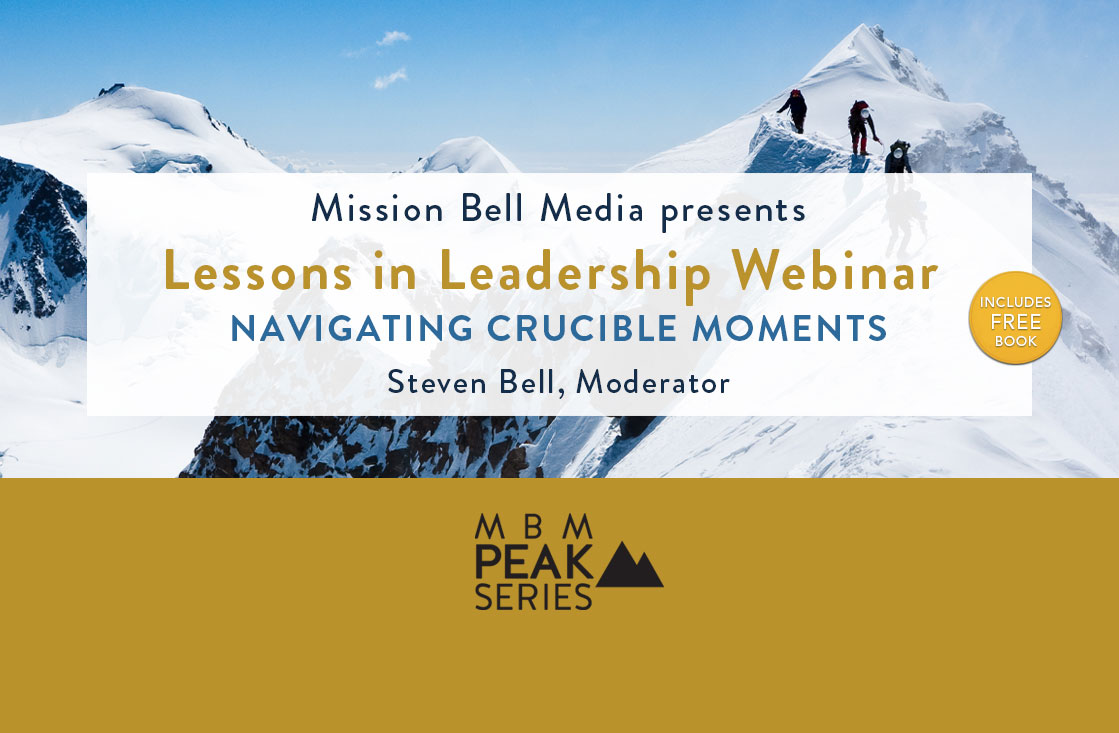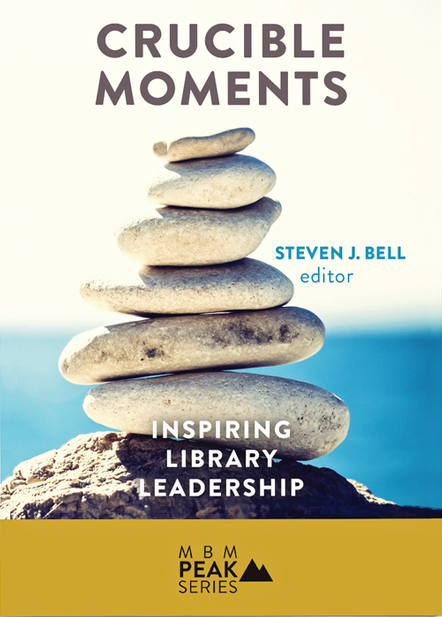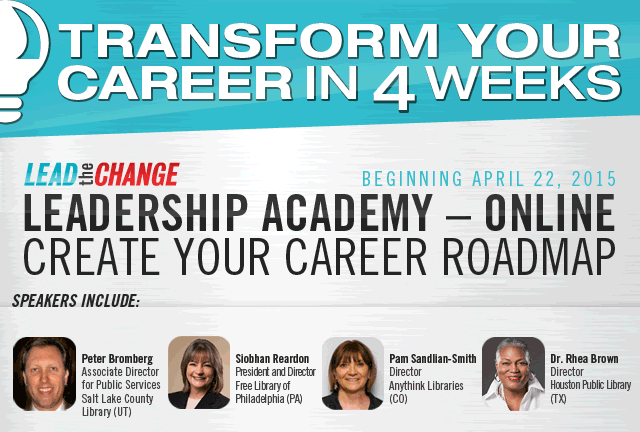
Courtesy Flickr User thejbird (CC BY 2.0)
I’ve written about the importance of sleep before. The research suggesting that sleep is vital to our health — physical, psychological, cognitive, and emotional health — could reach from here to the moon and back if you started piling it up.
Here is the latest in a long series of articles that I routinely bookmark: Why You Should Sleep Your Way to the Top. In the article, Dr. Matthew Walker, neuroscientist and psychologist at the University of California, Berkeley (where he runs a sleep research lab) talks about the relationship between sleep and memory, learning, and emotions.
The whole article, which is in easily-readable interview format, is worth a read. Here are some key excerpts:
I would argue that, if you look at the other main biological drives—things like eating and drinking—it’s fairly clear that the lack of one night of sleep causes detriments to your brain and body that far exceed anything you would see from a lack of food over the same duration of time. In fact, studies on animals in the 1980’s demonstrated that rats will die as quickly of sleep deprivation as they will from food deprivation. Sleep is that essential.
When you are sleep deprived, the frontal lobe and the amygdala become disconnected, and so you become all emotional gas pedal, without sufficient brake.
Socially appropriate responses and controlled emotional reactions are quintessential for cooperation and interactions with others, so sleep loss has the potential to impact such processes.
[R]esearch has clearly demonstrated that if you restore and normalize sleep in different severe mental health conditions, you can see very significant clinical improvements.
Many of the emotional benefits that sleep provides involve taking the painful sting out of difficult emotional experiences from the day before, or balancing our reactivity to next-day emotional challenges. Sleep even improves our capacity to recognize different and specific types of emotions in people’s faces more accurately.
Sleep before learning is critical; but you also need to sleep after learning, and to take that new information and essentially cement it into the neural architecture of the brain. More recently, we’ve realized there’s an additional benefit for learning. Sleep is much more intelligent than we have previously considered. It not only takes individual pieces of information and saves them and protects them, but sleep can intelligently cross-link new pieces of information together. As a result, you can start to extract commonalities and develop novel insights into problems that you were having the day before.
We’ve found that sleep will more than triple the probability that you’ll figure out [a] hidden rule. Sleep seems to inspire a creative insight into previous problems and challenges we’ve faced.
Sleep seems to support such a remarkable and broad constellation of different functions. Not just the brain; your body also benefits dramatically, your immune health, your metabolic system, your cardiovascular health. Indeed, there is not one major tissue or organ in the brain or body that is not benefited by sleep.
Simply put, the single most important thing you can do each and every day to reset your brain and body health is to sleep. Once you start to get anything less than about 7 hours of sleep, we can start to measure biological and behavioral changes quite clearly. People will say, “I can get by on 4 or 5 hours of sleep.” But your subjective opinion of how you’re doing with insufficient sleep is a miserable predictor of objectively how you’re doing with insufficient sleep. Essentially it’s like the drunk driver at the bar picking up his keys after a couple of drinks and saying, “No, no. I think I’m fine; I’m perfectly fine to drive.”







